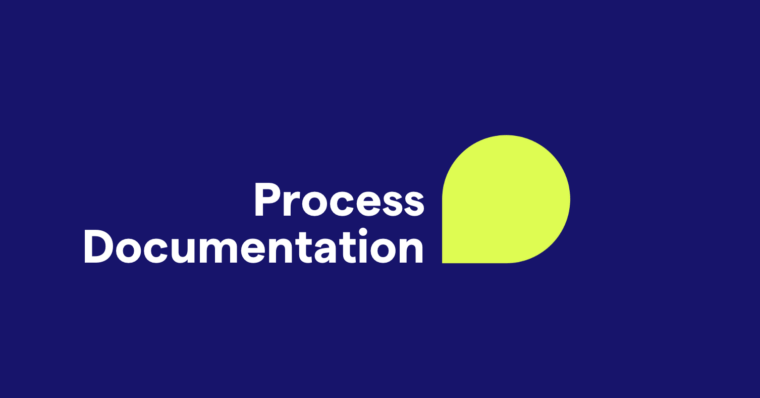
There’s a good possibility that you need a day (or two, or more) off work. NPR, the Robert Wood Johnson Foundation, and the Harvard T.H. Chan School of Public Health conducted a poll and found that about half of Americans who work fifty-plus hours a week don’t take all or most of the vacation they’ve earned. Of those who do take time off, about 30 percent say they do a significant amount of work during what’s supposed to be their hard-earned leisure time.
In a driven, competitive work culture, it can be difficult to ask for days off. And yet, taking a vacation is rejuvenating. Scheduling time to relax and leave workplace stress behind for a while means you’re more likely to return to your job with renewed creative energy and motivation, which ultimately makes you more productive. Here’s how to ask for time off the right way.
Planning Your Time Off Request
To ensure that you stay on good terms with your boss and coworkers, it’s important to put a little forethought into your vacation request.
Give advance notice
Don’t drop your request on your unsuspecting boss a week before you’d like to leave. Odds are good that even events you had no hand in planning—your friend’s wedding, for instance—will still allow you to ask for days off with plenty of lead time. (Of course, unexpected life events such as funerals or family emergencies are handled differently, and most managers will do their best to accommodate you.)
Know your employer’s vacation policies
Familiarize yourself with how your company handles time off. If you have an employee handbook or a contract that outlines vacation procedures, consult it. If your workplace is more casual, check in with your coworkers or someone in human resources to see how things are usually done.
Make sure you’re caught up
Before you start making flight reservations, make sure the projects you’re working on are in good shape. If you’re behind, or if leaving would mean dumping a lot of work on your colleagues that you should have finished yourself, asking for time off isn’t likely to win you any friends.
Making Your Time Off Request
Now that you’ve done a little planning, you’re ready to ask for vacation days. When and how you ask is important, so consider these best practices.
You’re asking for time off, not telling
There are people who’ll approach their manager on a Monday morning saying, “By the way, I just booked a trip to the Bahamas, so I’ll need next week off.” Don’t be that person. Nobody likes that person.
No matter how good that vacation deal you just spotted online seems, it’s never a good idea to book travel without clearing it with your employer first. Remember to ask your boss for time off, not simply tell him or her you’re taking it. A simple script might go like this:
“I have some vacation time coming, and I’d like to take a week to travel with my family. Would the week of July __ be a good time?”
Don’t ask during crunch time
If your workplace is engaged in an all-hands-on-deck scenario, it’s not an ideal time to ask for vacation, even if you’re planning for the future. When everyone’s focused on a major milestone, and potentially stressed as a result, it can seem tone-deaf to ask about your week in Maui. If possible, it’s best to wait until the dust of a major deadline has settled.
Similarly, make your vacation request during times when your boss is less likely to be stressed or busy. But don’t drop the vacation bomb when he or she might be thinking of things other than work. If it’s late Friday afternoon, and you’re anticipating spending some weekend down time, there’s a good chance your boss is, too.
Asking when you’re the new kid
If you’re new to your job, asking for vacation can be challenging. If you’ve applied for a job, and you already have travel planned, it’s appropriate to wait until after you’ve been extended an employment offer and you’re in the negotiation phase to discuss time off:
“I’ve got existing travel plans for mid-August, and I’d like to take time off for that between [date] and [date]. Would that be workable?”
Be prepared to take that time unpaid if you won’t have earned any vacation days before it’s scheduled.
Job experts advise against taking time off during your first three months on the job if you can help it. During that time, your boss and co-workers are still getting a sense of your work ethic. Unless you happen to work at a company that encourages time off as part of its super-laid-back workplace culture (they’re out there!), it’s best to prove yourself before you head off to Vail for a snowboarding adventure.
Consider getting it in writing
Depending on how casual your workplace is, it might be a good idea to submit your vacation request via email so you have a written record. Once you’ve sent an email (remembering to ask, not tell your manager when you’re leaving), follow up with a quick in-person chat if necessary.
Planning Your Time Away
So, you’ve scored some well-earned vacation days. Good for you! Before you set sail, it’s a good idea to get a few things in order to avoid making extra work for your colleagues or leaving clients in the lurch.
Make sure key players know you’ll be away
You’re a cog in a well-oiled machine, baby! A little forethought can help keep those gears turning smoothly while you’re away. It’s a good idea to make a written plan to help your team handle your responsibilities in your absence. To avoid piling extra work on your colleagues, ask them if they’re able and willing to help fill in the gaps.
If you have clients who’ll be relying on you, make sure they know who can help them in your absence. Keep in mind that important contacts outside the workplace—particularly anyone you’re collaborating with on an ongoing basis—may need a heads-up before you’re sipping margaritas on the beach and ignoring your inbox.
Say thanks
In the U.S., employers aren’t required to provide time off (paid or unpaid) except for medical or family leave—vacation is a benefit and not mandated by law. When your boss accommodates your need for some down time by granting you days off, it’s appropriate to say thank you. And it’s always good form to thank any co-workers who helped fill in for you while you were away, too.
Asking for days off doesn’t have to be stressful. With a little planning, know-how, and tact, you’ll be on your way to some needed downtime, and you’ll ensure that your boss and colleagues miss you rather than resent you while you’re away.
![]()






